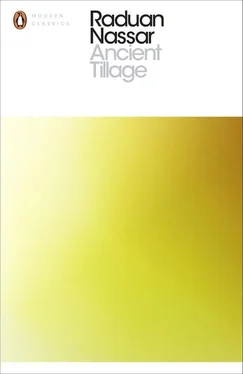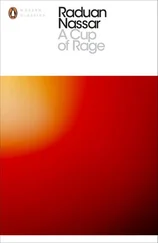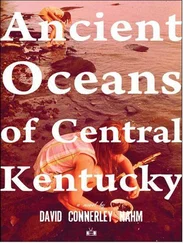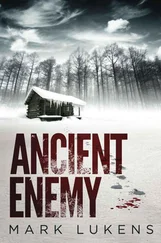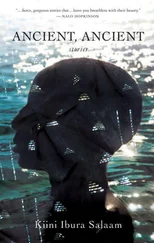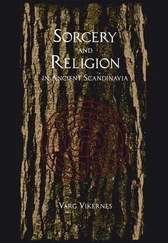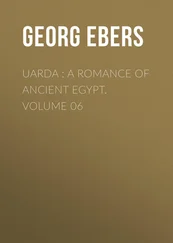Raduan Nassar
Ancient Tillage
Raduan Nassar was born in 1935, in Pindorama, in the state of São Paulo, Brazil. Like his Lebanese immigrant family, the author’s life has been bound in agriculture and writing. Ancient Tillage (1975) and A Cup of Rage (1978), a novella, are his two major literary works. He was raised mainly in small rural towns, then went on to study Law at the University of São Paulo. He also worked as a journalist and editor for the newspaper Jornal do Bairro , jointly founded with his brothers. Although an acclaimed literary author, since 1985 Raduan Nassar has led a private existence dedicated to farming and livestock production. He retired to a smaller farm in 2011, having donated his entire commercial property to the agricultural departments of the Federal University of São Carlos for the creation of a new campus.
Karen C. Sherwood Sotelino, born in San Francisco, California, has translated novels, short stories and technical texts from Portuguese into English. She also taught translation at Associação Alumni (São Paulo, Brazil) and Portuguese language and translation at Stanford University, where she was Visiting Scholar in the Department of Iberian and Latin American Cultures. She is currently a Visiting Scholar at the Department of Spanish and Portuguese at the University of California, Berkeley. Her most recent translation is Brazilian novelist Machado de Assis’s novel Resurrection .
Can we be blamed for this plant called childhood, its seduction, its vigour and earnestness?
(Jorge de Lima)
My eyes on the ceiling, nudity in the room; pink, blue or violet, the impenetrable room; the individual room, a world, a cathedral room, where, during the breaks from my anguish, I gathered a rough stem into the palm of my hand, the white rose of desperation, since, among the objects the room had sanctified, the objects of the body came first; I was lying on the hardwood floor of my bedroom in an old village boarding house when my brother came to take me home; my dynamic and disciplined hand, just prior to his entrance, had been running slowly over my wet skin, my poison-filled fingertips touching the newborn fuzz on my still-warm chest; my head rolled numbly as my hair moved in thick waves over the damp curve of my forehead; I rested one of my cheeks on the floor, but my eyes grasped very little, remained practically immobile behind the swift flight of my lashes; the knocking on the door came through gently, settled in meaninglessly, like cotton-silk tufts nestling in the sinuous curves of my ear, where, for a few minutes, it slept; the repetitive noise, still soft and gentle, did not disturb my sweet drunkenness, nor my drowsiness, nor the dispersed, sparse, comfortless whirling; later my eyes saw the turning doorknob, but the spinning was forgotten inside my retina — a lifeless object, a vibrationless sound or a dark breeze in the basement of my memory; the pounding at that moment set the lethargic objects in that bedroom off balance and into desperation. I stood up lightly and silently, and bent over to pick up the towel spread out on the floor; I dried off my hands, squeezed my eyes shut, shaking my head to jar them, picked up the shirt piled on the chair, tucked my obscure, purple organ back into my slacks, and walked quickly over to open the door, using it to shield myself from view: my older brother was outside; as soon as he came in, we faced each other, our eyes absolutely still, we were separated by a space of dry earth, there was fear and wonder in that dust, but no discovery, I don’t even know what there was, and we said nothing, until he held out his arms, grasping my shoulders in silence with his strong hands, and we looked at each other and in one precise second our memories stumbled and assaulted our eyes; I saw his eyes suddenly moisten, and that was when he hugged me, and I felt the weight of the entire family’s soaking wet arms in his embrace; we looked at each other again, and I said, ‘I wasn’t expecting you,’ was what I said, confused with the awkwardness of my words, filled with regret at letting anything at all slip out, but even so, I repeated myself, ‘I wasn’t expecting you,’ was what I said once again and I felt the powerful strength of my family overrunning me like a heavy rush of water as he was saying to me, ‘We love you so much, we love you so much,’ and that was all he said as he embraced me again; still confused, dazed, I showed him to the chair in the corner, but he remained motionless and, taking his handkerchief from his pocket, he said, ‘Button up your shirt, André.’
In the sluggish, lazy afternoons on the fazenda , somewhere off in the woods, I would escape my family’s apprehensive eyes; I would soothe my feverish feet in the moist dirt, cover my body with leaves, and, lying in the shade, I would sleep with the stillness of an ailing plant curved under the weight of a red blossom; weren’t those stems surrounding me fairies, filled with patience, silently keeping vigil over my adolescent slumber? Which ancient urns were releasing the protective voices calling out to me from the veranda? What was the use of those calls, if faster, more active messengers rode the wind skilfully, cutting through the threads of the atmosphere? (When ripe, my slumber was gathered with the religious voluptuousness of gathered fruit.)
I recalled hearing my father preach over and over again that our eyes are the lanterns of our bodies, and if they were good it was because our bodies contained light, and if our eyes were not clear it was because they revealed a dark, gloomy body, and standing there before my brother, inhaling the exalted aroma of wine, I knew my eyes were two repulsive pits, but it didn’t matter to me, I was confused, even lost, and I saw myself suddenly doing things, fooling with my hands, moving about the room, as if my embarrassment grew from the disorder around me: I arranged the things on the table, spread a cloth over it, emptied the ashtray into the rubbish bin, straightened the sheets, folded the towel over the headboard, and had already returned to the table to fill two glasses when I slipped and almost asked about Ana, but it was only a sudden, stumbling impulse; what I could have asked, should have asked, was how he had found the inn, how he had discovered me in that old terraced house, or I could have tried to ingenuously discover the reason for his visit, but I wasn’t even thinking about any of that; I was just dark inside, incapable of working my way out of the flesh of my feelings, and standing there at the table, the only thing I knew for certain was that my exasperated eyes were looking down on the rose-coloured wine I was pouring into the glasses. ‘The shutters,’ he said, ‘Why are the shutters closed?’ he asked from the chair in the corner where he was sitting, and I did not think twice and rushed to open the window and outside there was a tender, almost cool afternoon, made of fibrous orange sunshine, abundantly colouring my bedroom, that gloomy pond, and I was still latching the shutters when a first attack just barely ran through me — it was merely passing so I didn’t pay any attention, I thought only of finishing what I was doing — and as soon as it passed, I generously, almost scornfully, went ahead and placed the sublime glass of wine in his hands; and as an impertinent breeze was billowing out the heavy lace curtains (which were adorned with two woven angels scaling clouds, their puffy cheeks blowing into serene horns), I sat heavily down on the edge of the bed, my eyes staring at the floor, two dark,
Читать дальше
